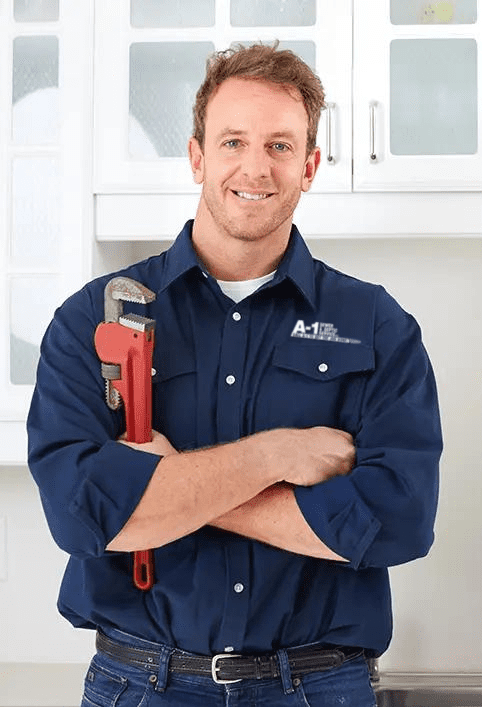Top Qualities of a Good Septic Company
If your home or business uses a septic system, holding system, or even a grease trap system, chances are you will eventually need a professional to address any problems. Before researching just any plumbing company that simply offers “septic services”, it’s smart to begin researching with a plan. How do you



